Make Work Better is a weekly newsletter about work & workplace culture. If you’ve ever told a new candidate ‘we’ve got an incredible culture’ then this is the place we’re trying to find out how to live up to that.
Image by Mak on Unsplash
Lots of fascinating workplace stories this week. The big ones for me are the BBC’s movement of physical locations and Goldman Sachs getting rumbled for having the worst workplace culture in the world.
The BBC made a baffling announcement that missed a huge opportunity to seem future facing. The broadcaster trumpeted the relocation of hundreds of jobs from London to different parts of the UK. While the headline in principle was worthy (when you don’t live in the capital the country’s obsession with the place seems unwarranted and divisive). But it seems like the BBC missed an open goal by not announcing that they were going to relocate the businesses to these places but let workers do their jobs remotely. Asking hundreds of workers to move house to then work 3 days a week in their bedroom seems like a decision from an era we just moved on from.
On the flipside newspaper publisher Reach (who owns the Mirror) is making all London based workers permanently remote.
Also: British Airways say they are considering selling their headquarters building as colleagues prefer more homeworking.
New podcast this week is a recording of last week’s Twitter Spaces chat with Professor Scott Galloway
Scott is a force of nature and was characteristically sparky here. TRIGGER WARNING: he’s not someone who likes work calming and sustainable. We talk about his advice to new workers, I suggest he’s fallen for BS from the Darth Vader pretend DJ guy who runs Goldman Sachs and much more.
On the subject of Goldman Sachs, I see that the Storm Troopers have begged Vader to let them only work 80 hours a week from now on, but like I say, Adam Grant and Scott have said he seems like a nice guy when they met him, so let’s not jump to any conclusions (I say all of this directly to Scott btw).
The Goldman consultants turned their request into the only language the firm speaks, a slide deck.
Question: ‘How satisfied are you with your personal life?’ - median score of 1 out of 10
Q: ‘How satisfied are you with this firm?’ - the median answer is 2.
“I can’t sleep anymore because my anxiety levels are through the roof”
“My body physically hurts all the time and mentally I’m in a really dark place”
“I’ve been through foster care and this is arguably worse”
Just a reminder there is clear evidence that working longer hours (until your body aches for example) is proven to age your body up to six times faster than normal. And in The Joy of Work I go through a big block of research which says the impact that bankers’ working practices has on their bodies.
So there’s the deal, UK workers at Goldman Sachs earn an average of £1m per year. But to earn it your body will age many times faster than you should, you will lose your twenties and thirties to a ‘1 out of 10’ life experience? This sounds like a deal with the devil.
When you strip away the packaging individuals are selling the best mojo of their lives to have more money to spend in their forties and fifties (in their significantly shortened lives).
Some recent posts that you might enjoy:
Leesman Index updated their data on workplace satisfaction
The TL;DR is that while workers are willing to go back to the office, they are likely to be less tolerant of noisy, crammed offices that aren’t optimised for productivity. (Click through on any of the tweets to see all of the detail more clearly).

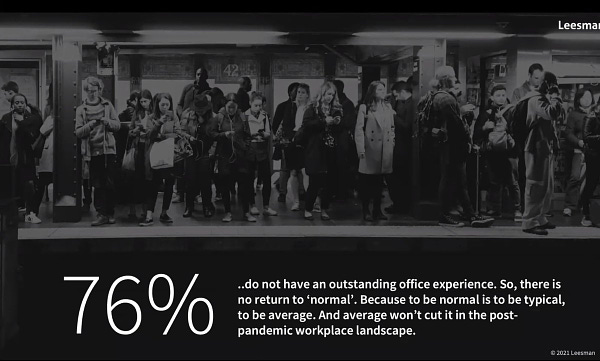
I love Leesman’s data, it’s worth saying their business model is advising firms how to make their offices fit for purpose, but they’ve let the data tell that story here -
you can get their whole report here.
Is charisma an airborne chemical?
On the subject of offices maybe what we’ve been missing is something magical and imperceptible in the air. Scientists measured the air in cinemas and they could detect the stress levels of the audience from the presence of isoprenes in the air. Multiple screenings of the same film had an identical fingerprint that allowed researchers to identify which film it was.
So the air we’re breathing has an impact on the way we’re feeling. Intriguing.


As the writer says, ‘Maybe charismatic people are simply isoprene super-emitters?’ (thanks to Pete Marcus for tagging me on this)
Are managers ready to manage hybrid workers? Have we trained managers how to overcome their own anxieties and to liberate their teams with better coaching? The answer is probably no. A report by the Institute of Employment Studies and others says that fewer than half of all managers have received guidance on how to manage remotely. This article in The Atlantic goes further, if you’re burned out your boss owns the responsibility for it.
‘Scientists ask for remote events to continue’ - this is really interesting. I heard last week from a group of advertising agencies who told me that their clients regarded face-to-face as a symbol of status. Their plans for hybrid working were likely to be impacted by the fact that they were in a very competitive space and their rivals would offer to be in the office with clients whenever they wanted. Here scientists are fearful that virtual events will be seen as lower status, so we’ll go back to meeting in person again
A great report on the impact of the pandemic on newsroom journalism - including the acceptable nature of video calling increasing the access to incredible talent. “[We’ve been] provided an astounding opportunity to interview the biggest names remotely via Zoom. It’s easier to contact them and easier to make arrangements. I think this is the future of news provision and gathering”. This is very similar to what JJ Abrams said on the newsletter a few weeks ago.
Based on the latest Cal Newport podcast episode a few people keep messaging me asking what is Cal specifically proposing we do instead of email. He’s suggesting we use something like a kanban approach on products like Trello. This video series by Atlassian explains how that works
Embarrassing for the police to issue a warning against the wonderful Sci-Hub. Sci-Hub directs to the publicly funded research of academic institutions around the world, rather than allow them to behind a paywall that doesn’t remotely benefit the creators. My latest book wouldn’t exist without it. The creator is an inspiration, a genuine true life heroine put on the Interpol wanted list by profiteering old money.
IKEA has gone on trial for spying on its employees - collecting information about the private lives of hundreds of staff. Bosses wanted to know if some employees were becoming ecologically minded and were speculating how some workers could afford new cars.
Make Work Better is created by Bruce Daisley, workplace culture enthusiast. You can find more about Bruce’s book, podcast and writing at the Eat Sleep Work Repeat website.
2nd book writing progress: ⬛⬛⬛⬛⬜⬜⬜⬜⬜⬜⬜⬜⬜ 33% (I’m honestly making progress, 50% will be the end of a first draft - BTW if you ever harbour a desire to publish a book my PDF guide of what I learned is here for free)


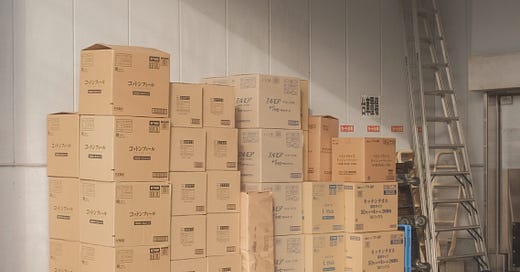



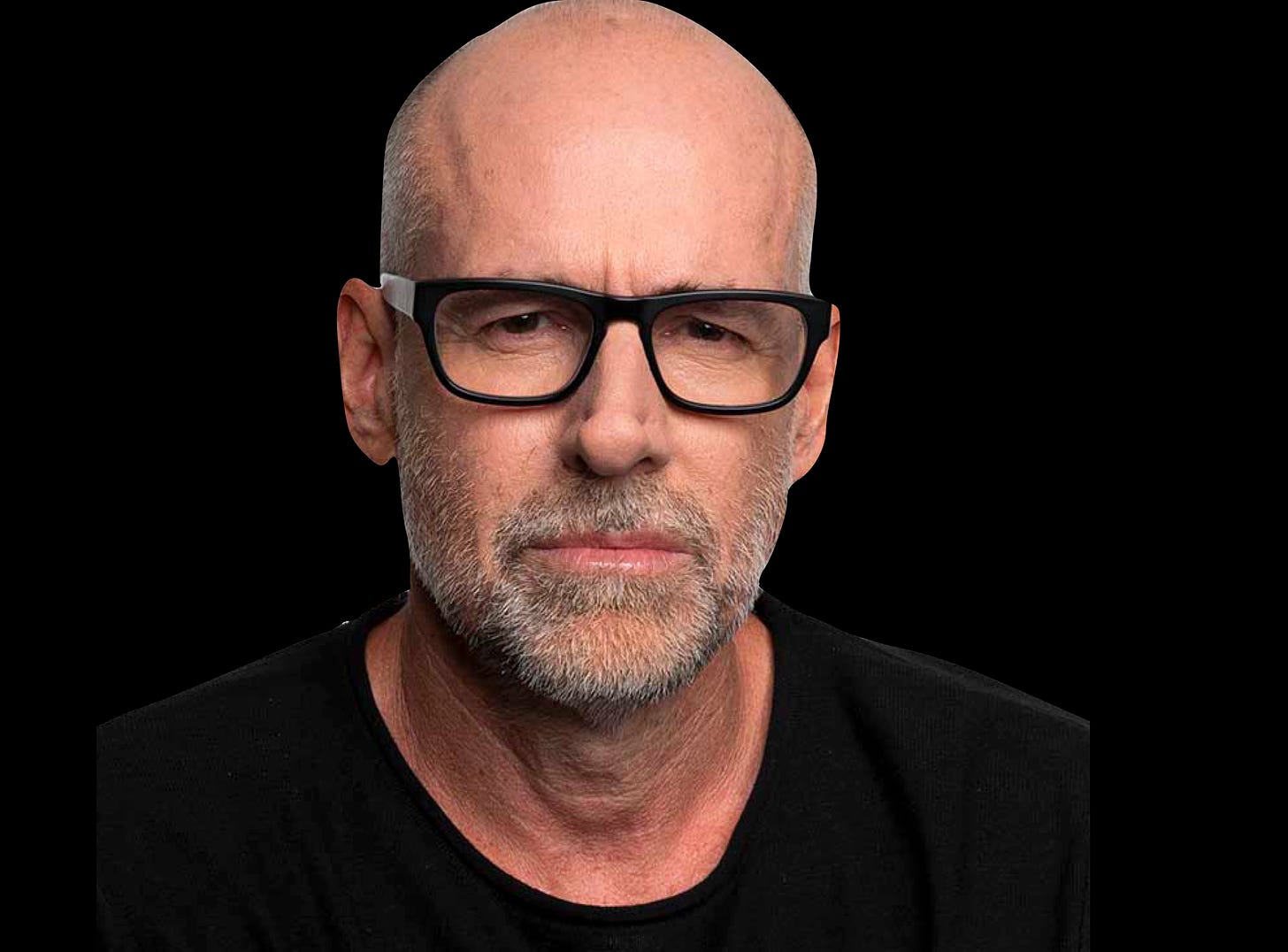
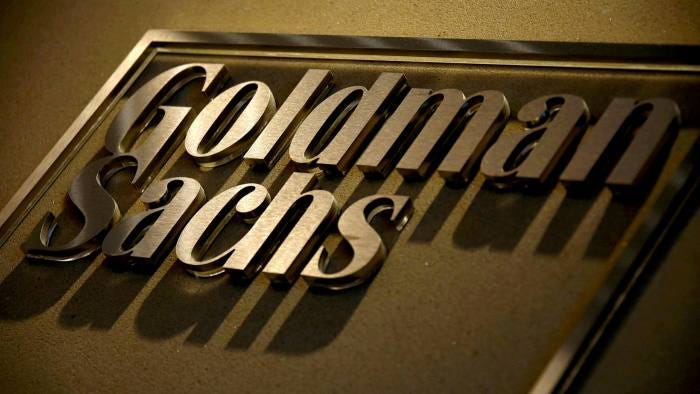
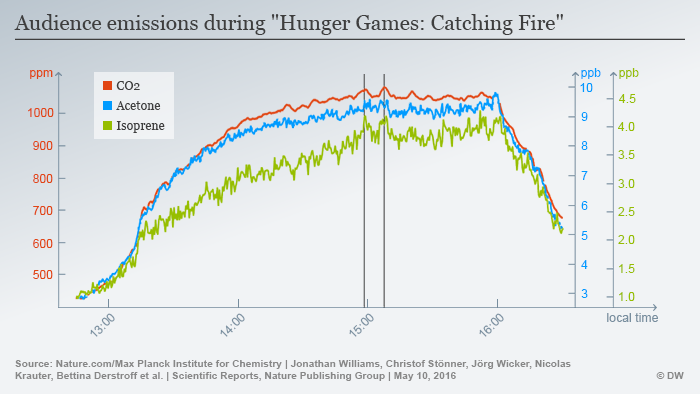

Having listen to your podcast with Scott, you can see why there is such deep social division in the US. The idea that digital business will inevitably make a small number of people (predominantly urban/e liberals) hyper-rich, while lots work zero-hour gig jobs at minimum wage, and that this is inevitable within the current socioeconomic system, should be pretty worrying. I don't see how the endgame of this direction is a good one.
It's useful pointing to Northern Europe as an alternative, but it didn't seem like there was any appetite towards making it happen. The thinking seems descriptive and prescriptive, but not re-imaginative.
Regarding airborne chemicals: I suspect many board rooms have high levels of melatonin (the sleep hormone).